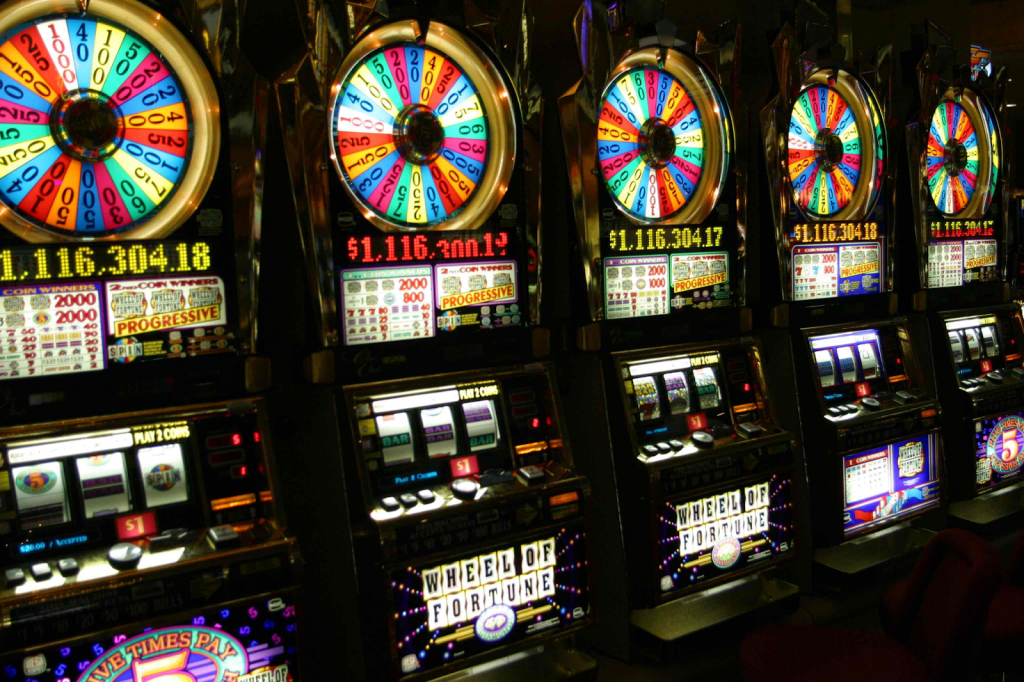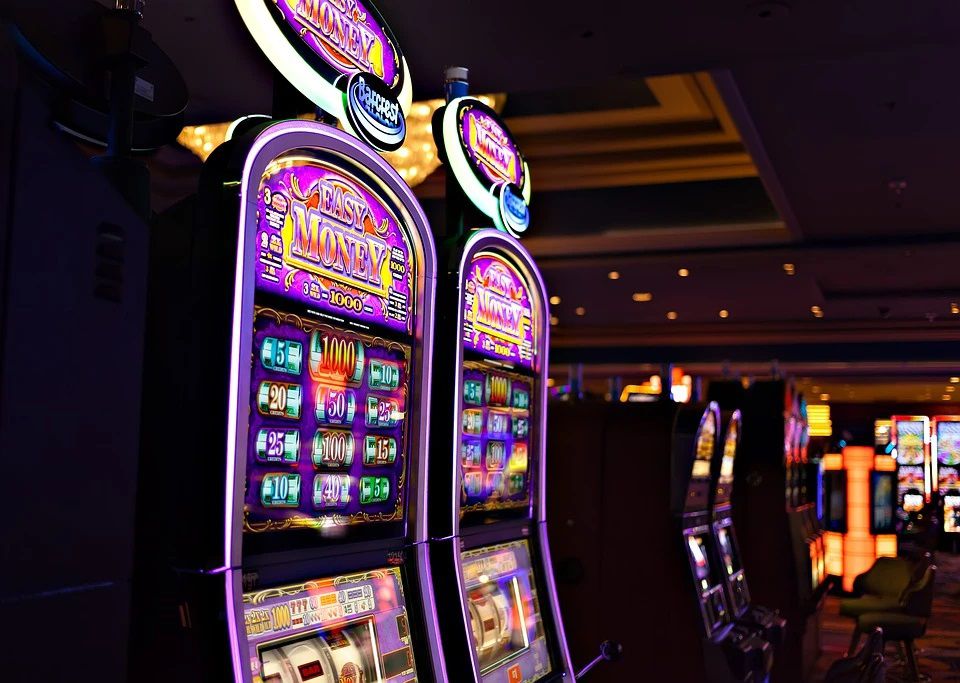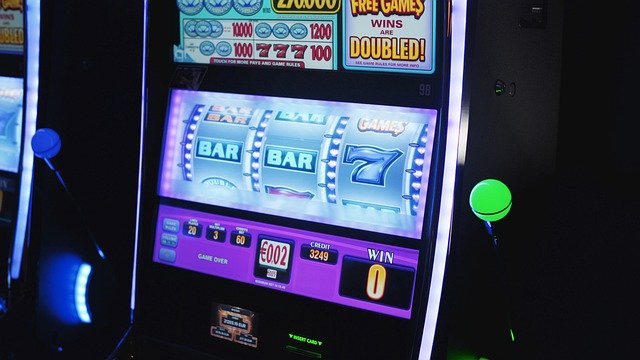Do you ever wonder how slot machines work? It is a complex process that involves a random number generator, which generates a random number. The game programmer determines the odds of each spin and then allows the numbers to be generated randomly. This process creates a feeling of “regular winnings” by having the symbols come up only half the time. The game programmer then adjusts the odds for each spin to achieve this goal.
When it comes to programming a slot machine, the software used to create a winning combination is determined by a predefined algorithm. The programmer uses the RNG to select the winning combinations. This randomness is then translated into a percentage by means of a computer program. This way, the chances of getting a large winning combination are reduced while the odds of showing up a small one are increased. As a result, the odds of receiving a large winning combination are set lower.

The computer programming of a slot machine consists of several steps, including the development of a set of rules and regulations. For instance, when a player presses a button, the machine will generate a random number. This means that the slot machine cannot predict the next number, and no system is able to do so. However, it is possible to modify these rules to increase the odds of winning. For this purpose, the game developer will have to create a new program.
The programming process in slot machines is a complex process. It includes many issues, such as payout percentages, regulations, and Random Number Generators. The game manufacturer will also list the volatility of the game. A low-volatility game will have a one-to-two-star volatility rating, while a medium-to-high-volatility game will have a three- or four-star ranking.
When programming a slot machine, the program is designed to maximize the payback percentage. This percentage means that the casino will keep ten percent of the money that the player puts in the machine and give 90 percent to the player. This means that any payback percentage under 100 will be a loss for the casino. If a game has a high-volatility rating, it is not a good sign for a slot machine.
The game programmer will be able to configure the frequency of the payouts of slot machines. The game programmer can also configure the payout odds. These are all very important to ensure that the machine pays out correctly. As a result, the game programmer should be able to modify these parameters as needed to maximize the payouts. While the software used in slot machine programming is often complicated, it is still a useful tool for casino operators.
Since there are many factors that influence the payout of a slot machine, it is essential to understand how the mechanics work. A machine cannot be programmed to pay out the same amount to every player, which is the main reason for slot machines to have a fixed payout frequency. In order to optimize the odds, the software is used to control the payout frequency. A game’s payback frequency is controlled by the amount of money in the machine.
There are different algorithms used in slot machines

The Random Number Generator creates random numbers that will either lead to a win or a loss. The computer program will also decide which symbols will land on the reels. If a player is lucky, they may be lucky enough to win the jackpot. If a player is lucky enough to get the jackpot, the software will calculate the payout and pay it. The software will then take a snapshot of the RNG numbers.
The software that powers slot machines is crucial for the game’s success. It determines how slot machines will be programmed, and which games will be profitable. A casino’s software should be able to calculate the payout percentages for each game. Using this information to design a winning strategy is essential. For instance, a computer can determine the exact payoff rate for a slot machine. A good example of this is the random number generator.

